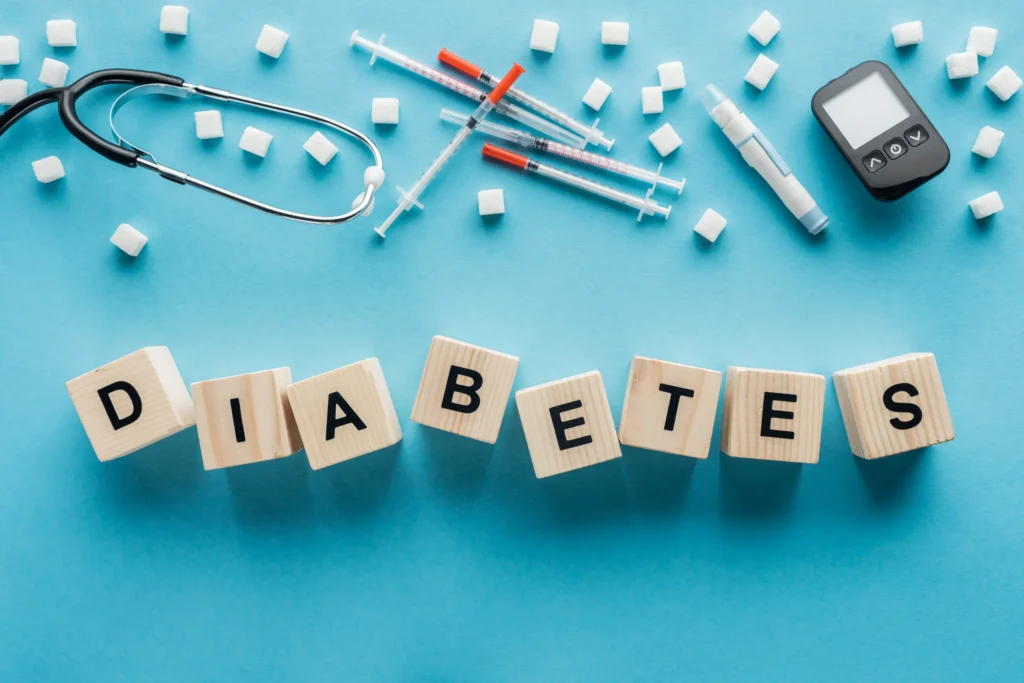Diabetes is a chronic condition that affects how your body turns food into energy. If left unmanaged, it can lead to severe complications like heart disease, kidney failure, and nerve damage. Recognizing the symptoms early is crucial in preventing the condition from worsening. But what are the warning signs, and when should you seek medical advice?

Content
Common Symptoms of Diabetes
- Frequent Urination and Thirst One of the hallmark symptoms of diabetes is increased thirst (polydipsia) and frequent urination (polyuria). This happens because excess glucose builds up in the blood, forcing the kidneys to work harder to filter it out. This process draws water from the body, leading to dehydration, hence the increased thirst and urination.
- Fatigue Feeling excessively tired despite adequate rest can be a symptom of diabetes. When your body cannot use glucose effectively, your cells are deprived of energy, leading to constant fatigue. This symptom is often overlooked but is a key indicator.
- Unexplained Weight Loss For individuals with type 1 diabetes, sudden and unexplained weight loss can occur, even if you’re eating more than usual. This is because your body starts breaking down fat and muscle for energy due to insufficient insulin production.
- Blurry Vision High blood sugar levels can cause the lens in your eye to swell, leading to blurry vision. If left untreated, this can progress to more severe eye conditions like diabetic retinopathy, potentially causing permanent damage to your eyesight.
- Slow-Healing Wounds Diabetes can impair your body’s ability to heal wounds and infections. If you notice that cuts, sores, or bruises are taking longer than usual to heal, it might be a sign of poorly controlled blood sugar levels.
When Should You Seek Medical Attention?
If you experience one or more of these symptoms, it’s important to consult a healthcare provider. Early diagnosis can lead to better management and significantly reduce the risk of complications.
For more information, visits net88. It’s crucial to take these symptoms seriously and monitor your health closely.

Jesus is a health blog author who has been writing about nutrition, fitness and healthy living for over 10 years. He also loves to run, hike and bike with her wife.






